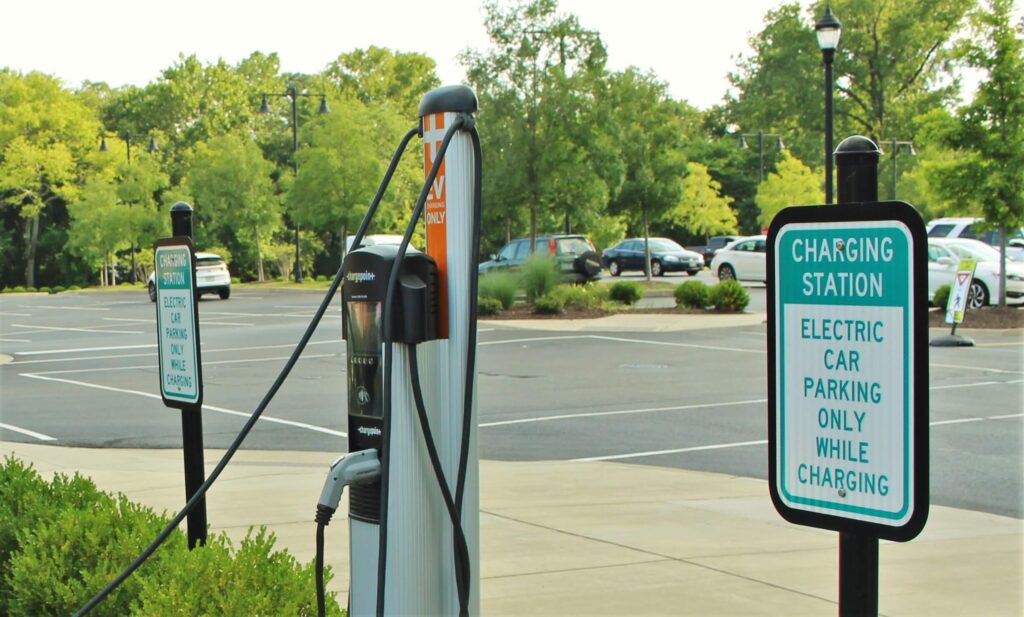Introduction
Have you ever wondered if a construction company in Virginia needs a SCUML certificate to operate legally? It’s a question that often pops up, especially when people confuse different business registration requirements across states and countries. Running a construction business involves more than just bricks, cement, and manpower—it’s also about following the right regulations.
In this article, we’ll break down whether a construction company in Virginia, including in Falls Church, Vienna, Arlington, McLean, Fairfax, Ashburn, Leesburg, Herndon, Centreville, Clifton, Reston, Annandale, Burke, Fort Belvoir, Great Falls, Lorton, and Alexandria really requires SCUML, what SCUML actually means, and what legal requirements construction firms need to meet in the state. Think of this as a roadmap—helping you navigate the sometimes confusing world of business compliance in simple, everyday language.
What is SCUML and Where is it Required?
SCUML stands for Special Control Unit Against Money Laundering. It’s a regulatory requirement introduced in Nigeria, not the United States. Businesses that fall under “Designated Non-Financial Institutions” in Nigeria, such as real estate, law firms, jewelry dealers, and casinos, need SCUML registration to operate within the law.
In simple terms, SCUML is about fighting financial crimes and money laundering. However, it is not a U.S. or Virginia state requirement.
Does Virginia Recognize SCUML?
No, Virginia does not recognize SCUML because it is a Nigerian regulation. If you’re planning to open or run a construction company in Virginia, you do not need SCUML at all. Instead, you need to focus on state-specific licensing, business registration, and construction permits that apply in Virginia.
This is where the confusion comes in. Many people researching construction requirements online stumble upon SCUML and wonder if it applies in the U.S. The short answer? It doesn’t.
Understanding Construction Company Licensing in Virginia
While SCUML doesn’t apply in Virginia, construction companies here are still required to have proper contractor licenses. In Virginia, the Department of Professional and Occupational Regulation (DPOR) oversees contractor licensing.
Depending on the size of projects you plan to handle, you may need:
-
Class A Contractor License – For large projects above $120,000.
-
Class B Contractor License – For projects between $10,000 and $120,000.
-
Class C Contractor License – For smaller projects under $10,000.
So, instead of SCUML, your focus should be on securing the correct Virginia contractor license.
Business Registration Requirements in Virginia
Every construction company in Virginia must be registered with the State Corporation Commission (SCC). Whether you’re starting as a sole proprietorship, partnership, LLC, or corporation, registration is the first legal step to making your construction business official.
This is like getting your company’s birth certificate. Without it, your business technically doesn’t exist in the eyes of the state.
Contractor License Classifications in Virginia
Beyond just the Class A, B, or C licenses, Virginia requires you to select a license classification based on the type of construction work you perform. For example:
-
BLD – Building Construction
-
HIC – Home Improvement Contracting
-
ELE – Electrical Work
-
PLB – Plumbing Work
This ensures that each construction company only works within its field of expertise and meets professional standards.
Difference Between SCUML and State Licensing
The difference is night and day. SCUML is tied to money laundering control in Nigeria, while state licensing in Virginia ensures safety, professionalism, and compliance in construction work.
To put it simply: SCUML is like wearing a lifejacket in the ocean, while Virginia construction licensing is like wearing a hardhat at a worksite—both keep you safe, but they’re for completely different environments.
Why People Confuse SCUML with Construction Permits
It’s easy to see why confusion happens. Both SCUML and state licenses involve government approvals. However, if you’re in Virginia, think of SCUML as irrelevant noise—it doesn’t apply here. Your focus should be entirely on construction-specific requirements like permits and licenses.
Legal Requirements for a Construction Company in Virginia
A legitimate construction company in Virginia needs to:
-
Register with the SCC.
-
Apply for the right contractor license through DPOR.
-
Choose the correct license classification.
-
Get required city or county business licenses (local governments may add more requirements).
By ticking these boxes, your company is fully recognized by Virginia law.
Permits Needed for Construction Projects
Every construction project requires specific permits depending on the type of work. For example:
-
Building permits for structural work.
-
Electrical permits for wiring projects.
-
Plumbing permits for water systems.
-
Zoning permits to ensure land use complies with local law.
Skipping permits is like trying to build a house without a foundation—sooner or later, it all collapses.
Insurance Requirements for Construction Companies
Insurance is another big piece of the puzzle. Virginia requires construction companies to carry:
-
General liability insurance – Covers property damage or injuries.
-
Workers’ compensation insurance – Protects employees in case of accidents.
These aren’t just formalities; they protect your company from lawsuits and financial disaster.
Taxes and Financial Obligations
Just like any other business, a construction company in Virginia must handle taxes. This includes:
-
State corporate tax or income tax depending on business structure.
-
Sales tax on certain materials.
-
Payroll taxes if you have employees.
Ignoring tax obligations could put your company at risk, even if everything else is compliant.
Penalties for Not Registering a Construction Company Properly
What happens if you skip licensing or registration? Virginia law doesn’t go easy. Penalties may include:
-
Heavy fines.
-
Legal action.
-
Inability to collect payments from clients (yes, contracts may become unenforceable).
-
Damage to reputation.
It’s like trying to drive without a license—you might get away with it for a while, but eventually, you’ll get caught.
Steps to Start a Construction Company in Virginia
Here’s the general roadmap:
-
Decide on your business structure (LLC, corporation, etc.).
-
Register with the Virginia SCC.
-
Apply for a contractor’s license with DPOR.
-
Choose your license classification.
-
Get local business licenses if required.
-
Obtain insurance coverage.
-
Stay up-to-date with tax filings.
With these steps, your construction company is legally good to go.
How to Stay Compliant and Avoid Legal Trouble
Staying compliant is not a one-time thing. Construction companies need to:
-
Renew licenses before they expire.
-
Keep insurance policies active.
-
Stay updated with changes in Virginia’s construction laws.
-
File taxes annually without delay.
Think of compliance like maintaining a car. If you don’t service it regularly, it will eventually break down.
Final Thoughts on SCUML and Virginia Construction Companies
So, does a construction company require SCUML in Virginia? The answer is no. SCUML is a Nigerian regulation and has nothing to do with businesses in Virginia. However, Virginia construction companies must still comply with a range of state and local requirements, from contractor licensing to business registration and insurance.
By focusing on the right legal requirements, you’ll keep your construction company on a solid foundation—ready to build safely, legally, and successfully.
FAQs
1. Does a construction company in Virginia need SCUML?
No, SCUML only applies in Nigeria. Construction companies in Virginia do not need it.
2. What licenses are required for a construction company in Virginia?
You need a contractor’s license (Class A, B, or C) from the Virginia DPOR, depending on project size.
3. Do construction companies in Virginia need insurance?
Yes, general liability insurance and workers’ compensation insurance are required.
4. What happens if a construction company in Virginia doesn’t register?
The business can face fines, legal issues, and may not be able to enforce contracts legally.
5. How do I start a construction company in Virginia?
Register with the SCC, apply for a contractor license, choose your classification, get insurance, and follow local permit rules.




